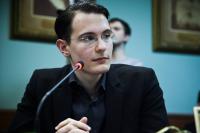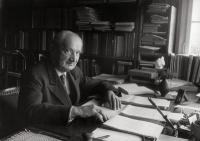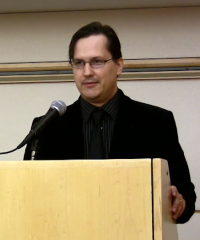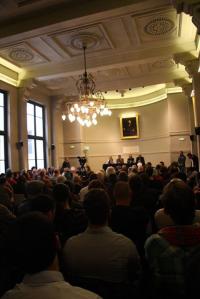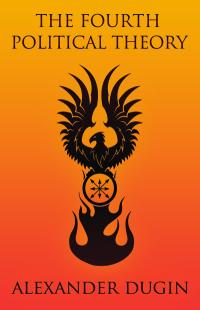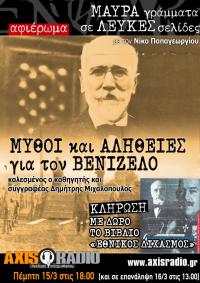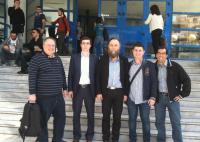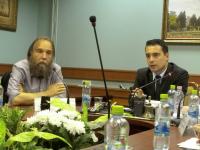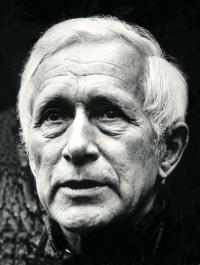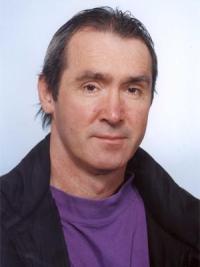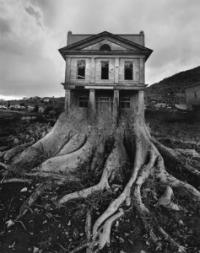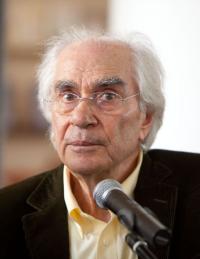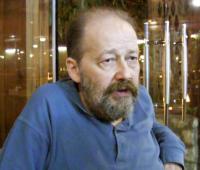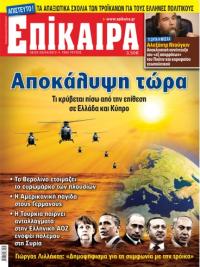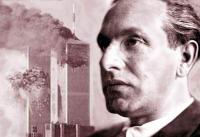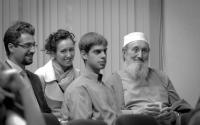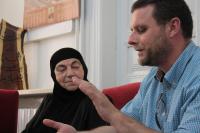Manifesto of Millennium
The new millennium dawning on the horizon of History suggests us a major paradigmatic upheaval, a reversal of the categories of thought that, at a time of extreme political and ideological confusion, requires a rethink. At the threshold of a new era, a new global disorder stands out: mankind must face the approaching of several cultural universes, pushed towards a collision and a mutual annihilation by the new world-wide perspective. Economy, designed according to bourgeois criteria, demonstrates its finiteness, projecting the future of humanity towards a peak of exploitation and alienation. Peoples, despoiled of any decision-making power and sovereignty, render any authority to minorities who direct world affairs according to their own interest. Cultures and religions die on the altars of postmodern simulacra. The new law is chaos.

